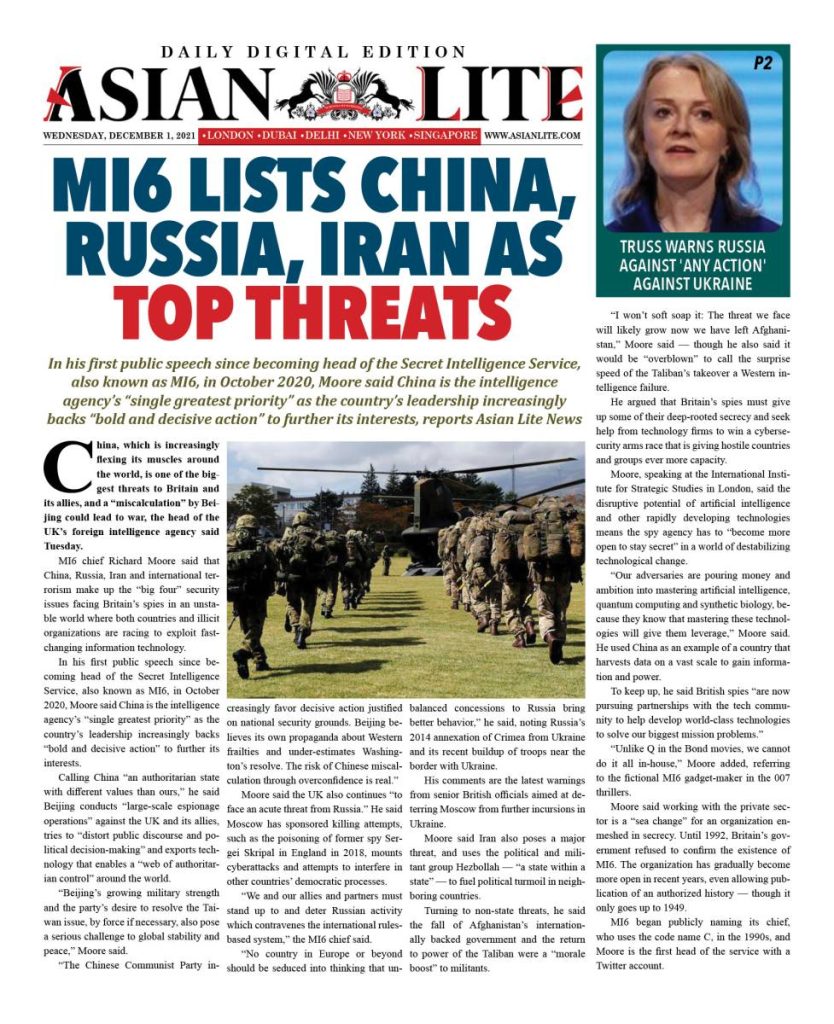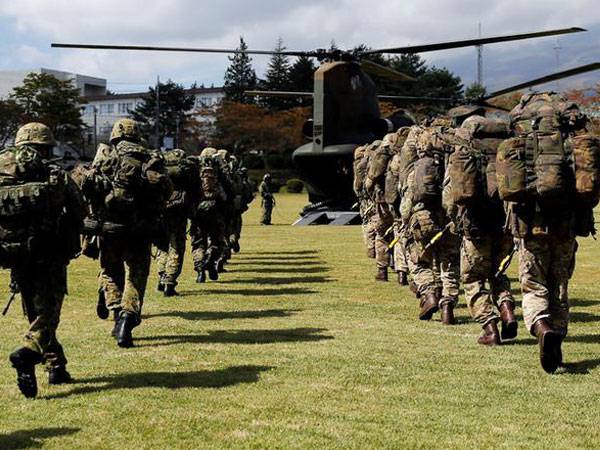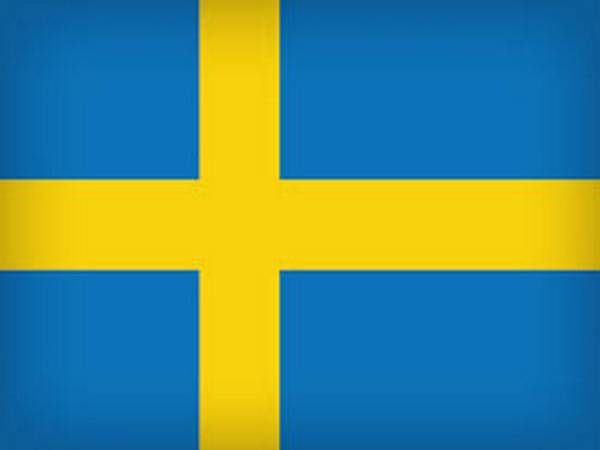In his first public speech since becoming head of the Secret Intelligence Service, also known as MI6, in October 2020, Moore said China is the intelligence agency’s “single greatest priority” as the country’s leadership increasingly backs “bold and decisive action” to further its interests, reports Asian Lite News
China, which is increasingly flexing its muscles around the world, is one of the biggest threats to Britain and its allies, and a “miscalculation” by Beijing could lead to war, the head of the UK’s foreign intelligence agency said Tuesday.
MI6 chief Richard Moore said that China, Russia, Iran and international terrorism make up the “big four” security issues facing Britain’s spies in an unstable world where both countries and illicit organizations are racing to exploit fast-changing information technology.
In his first public speech since becoming head of the Secret Intelligence Service, also known as MI6, in October 2020, Moore said China is the intelligence agency’s “single greatest priority” as the country’s leadership increasingly backs “bold and decisive action” to further its interests.
Calling China “an authoritarian state with different values than ours,” he said Beijing conducts “large-scale espionage operations” against the UK and its allies, tries to “distort public discourse and political decision-making” and exports technology that enables a “web of authoritarian control” around the world.
“Beijing’s growing military strength and the party’s desire to resolve the Taiwan issue, by force if necessary, also pose a serious challenge to global stability and peace,” Moore said.
“The Chinese Communist Party increasingly favor decisive action justified on national security grounds. Beijing believes its own propaganda about Western frailties and under-estimates Washington’s resolve. The risk of Chinese miscalculation through overconfidence is real.”
Moore said the UK also continues “to face an acute threat from Russia.” He said Moscow has sponsored killing attempts, such as the poisoning of former spy Sergei Skripal in England in 2018, mounts cyberattacks and attempts to interfere in other countries’ democratic processes.
“We and our allies and partners must stand up to and deter Russian activity which contravenes the international rules-based system,” the MI6 chief said.
“No country in Europe or beyond should be seduced into thinking that unbalanced concessions to Russia bring better behaviour,” he said, noting Russia’s 2014 annexation of Crimea from Ukraine and its recent buildup of troops near the border with Ukraine.
His comments are the latest warnings from senior British officials aimed at deterring Moscow from further incursions in Ukraine.
Moore said Iran also poses a major threat and uses the political and militant group Hezbollah — “a state within a state” — to fuel political turmoil in neighbouring countries.
Turning to non-state threats, he said the fall of Afghanistan’s internationally-backed government and the return to power of the Taliban were a “morale boost” to militants.
“I won’t soft-soap it: The threat we face will likely grow now we have left Afghanistan,” Moore said — though he also said it would be “overblown” to call the surprise speed of the Taliban’s takeover a Western intelligence failure.
He argued that Britain’s spies must give up some of their deep-rooted secrecy and seek help from technology firms to win a cybersecurity arms race that is giving hostile countries and groups ever more capacity.
Moore, speaking at the International Institute for Strategic Studies in London, said the disruptive potential of artificial intelligence and other rapidly developing technologies means the spy agency has to “become more open to stay secret” in a world of destabilizing technological change.

“Our adversaries are pouring money and ambition into mastering artificial intelligence, quantum computing and synthetic biology, because they know that mastering these technologies will give them leverage,” Moore said. He used China as an example of a country that harvests data on a vast scale to gain information and power.
To keep up, he said British spies “are now pursuing partnerships with the tech community to help develop world-class technologies to solve our biggest mission problems.”
“Unlike Q in the Bond movies, we cannot do it all in-house,” Moore added, referring to the fictional MI6 gadget-maker in the 007 thrillers.
Moore said working with the private sector is a “sea change” for an organization enmeshed in secrecy. Until 1992, Britain’s government refused to confirm the existence of MI6. The organization has gradually become more open in recent years, even allowing publication of an authorized history — though it only goes up to 1949.
MI6 began publicly naming its chief, who uses the code name C, in the 1990s, and Moore is the first head of the service with a Twitter account.
ALSO READ-UK seeks ‘urgent’ migrant talks with Europe after French snub









